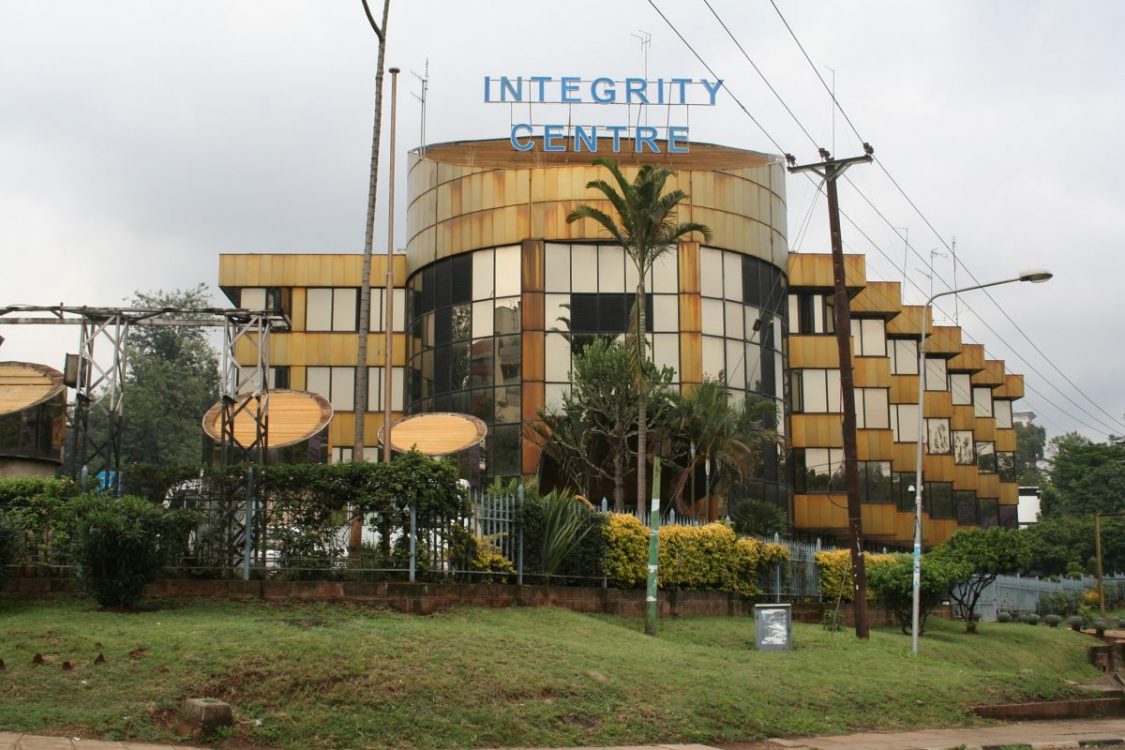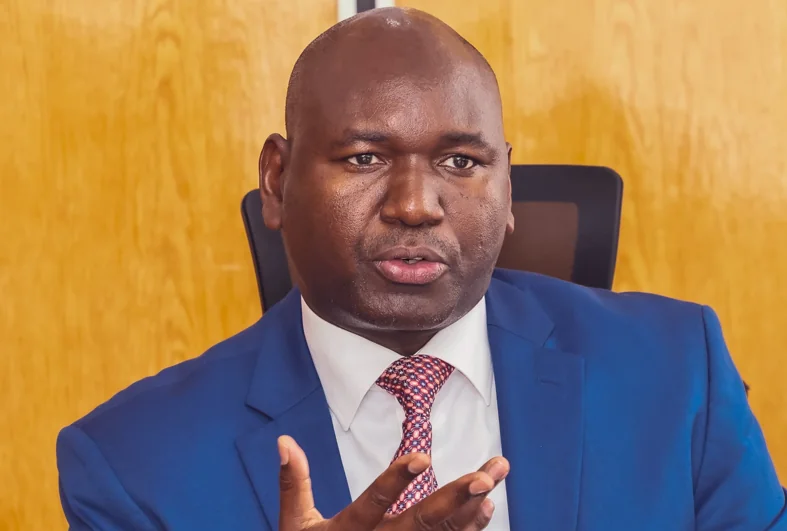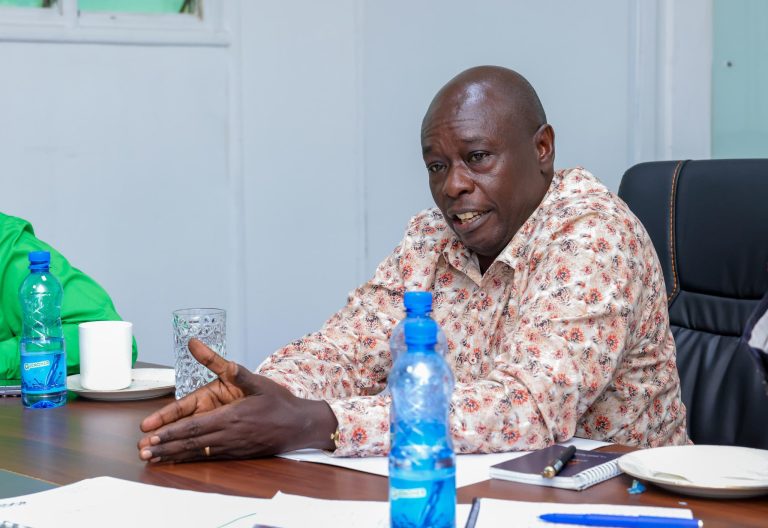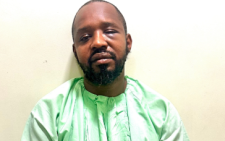Felix Koskei: Fake academic credentials undermining public trust in Kenya’s institutions
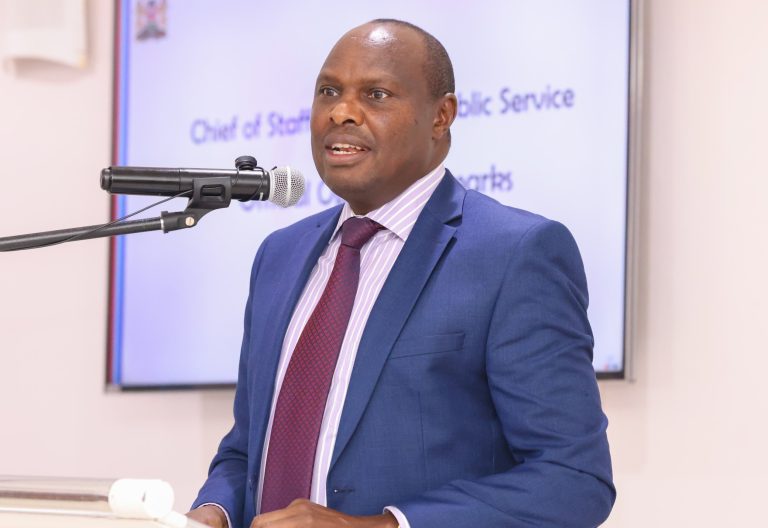
The Ethics and Anti-Corruption Commission (EACC) has sounded the alarm on a troubling trend that is quietly eroding the country’s governance framework the widespread use of forged academic and professional qualifications.
At the recently held Ethics and Integrity Conference in Nairobi, Felix Koskei, Chief of Staff and Head of the Public Service, termed the issue “a growing threat to the integrity of public institutions and the overall governance framework.”
“Academic and professional qualifications are not mere documents; they are the backbone of meritocracy and public trust; Forgery strikes at the heart of our integrity and weakens the foundations of good governance.” He spoke
Stakeholders demand concrete action
Themed “Enhancing the Integrity of Academic and Professional Qualifications in Kenya,” the conference drew together representatives from academia, government, professional bodies, and development partners. Among the key attendees were EACC Chairperson Paul Gachoka, Public Service Commission Chair Anthony Muchiri, and EACC Secretary Abdi A. Mohamud.
The forum served as a rare opportunity for stakeholders to confront the academic fraud epidemic head-on. The consensus was clear: the problem is not only real, but deeply embedded within recruitment systems across both public and private sectors.
Fake degrees
Koskei highlighted the disturbing reality unqualified individuals are occupying critical roles in public institutions, thanks to fake certificates. “This malpractice damages the credibility of educational institutions and erodes public trust in government agencies,” he warned.
Even more alarming is how the practice undermines key governance pillars, such as legal compliance, policy adherence, institutional mandate respect, and effective oversight.
To combat the crisis, the government has embarked on a two-pronged strategy auditing academic qualifications across public service and launching awareness campaigns to educate both employers and job seekers on the legal and ethical consequences of academic fraud.
Koskei reaffirmed the government’s commitment to restoring trust in public recruitment processes. “We are deepening accountability, and that includes ensuring that only individuals with genuine qualifications serve in key positions,” he said.
Verification system
One of the main takeaways from the conference was the urgent call for a centralized, interoperable verification system. Participants argued that such a platform, linking universities, TVET institutions, and regulatory bodies, would drastically reduce the prevalence of forgeries.
Without a reliable system, loopholes continue to be exploited. In some cases, entire criminal networks are involved in fabricating and distributing fake diplomas and transcripts, complete with official-looking seals and signatures.
Calls for stiffer penalties
Delegates at the conference also agreed that the time has come for harsher legal consequences for those found guilty of producing or using fraudulent qualifications.
Currently, punishment for such offences is either insufficient or inconsistently applied. A stricter framework, many noted, would serve as a deterrent and signal that Kenya is serious about restoring academic and professional integrity.
Impact
The consequences of unchecked forgery go far beyond individual job placements. As Koskei noted, allowing unqualified individuals to run key government operations compromises the nation’s broader development agenda.
Restoring trust through accountability
The Ethics and Integrity Conference ended with a renewed commitment from all sectors to take coordinated action. But the road ahead will require more than workshops and good intentions.
At stake is not just the credibility of Kenyan education systems but the faith of a nation in its public servants. For a country battling deep-seated corruption, restoring academic integrity may just be the cornerstone of broader systemic reform.

